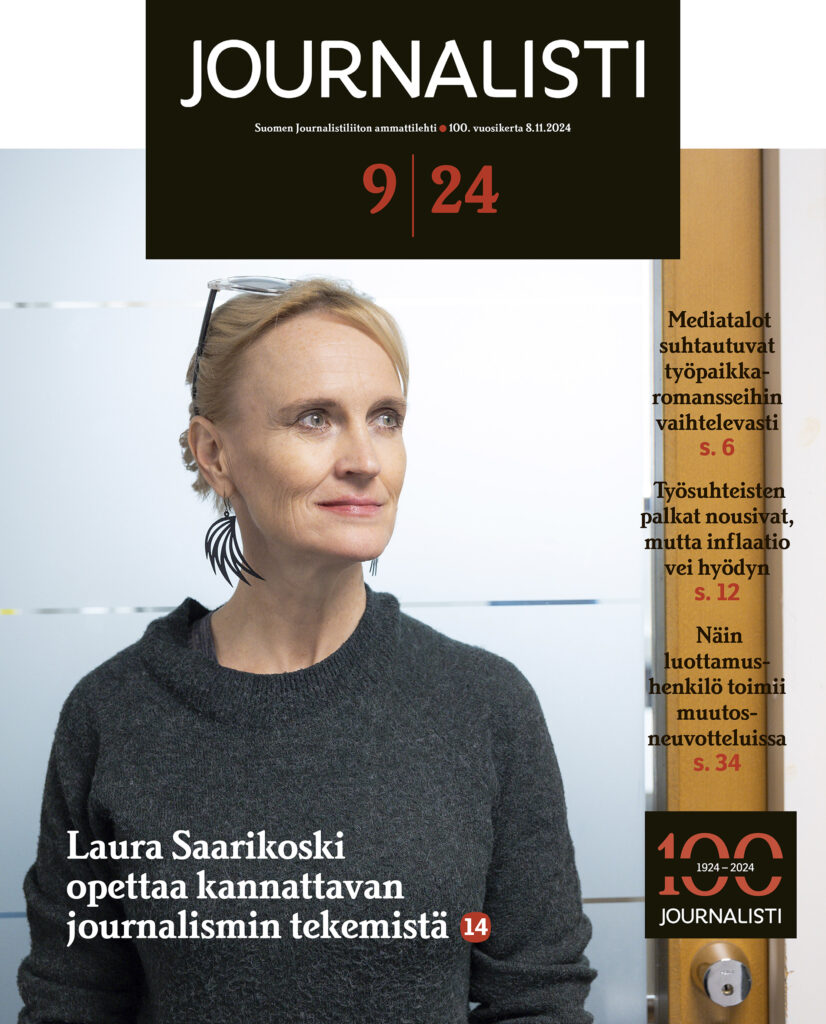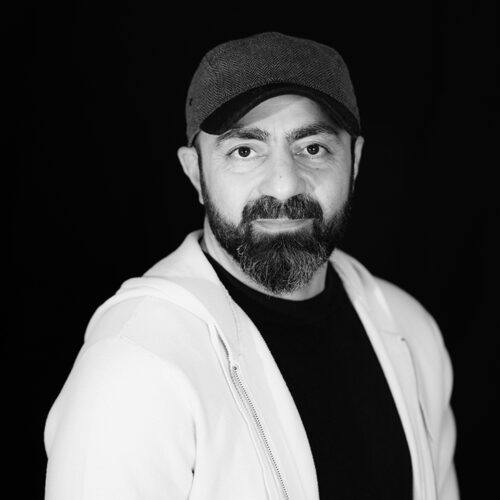Arab communities need someone to represent their voices in the Finnish media, but as an Iraqi journalist, during my journey, I have faced more bullying from them than from Finns.
While doing my internship at Helsingin Sanomat, I wrote articles that drew lots of criticism on social media, mainly from Arab communities. Particularly, my article on the Finnish border crisis aimed to shed light on the refugee situation, drawing from my perspective and experience as a refugee in Finland.
I thought I would receive a lot of racist, hateful, and bullying responses from certain Finns. Indeed, there were racist comments on some of my posts, but to my disappointment, the most negative comments and bullying came from Arabs, and Iraqis in particular.
What frustrated me the most was the lack of fact-checking and understanding from the Arab communities. Some Arabic Facebook pages misrepresented my article. They picked on parts of the article that had been translated into Arabic with inaccurate and fragmented details.
Followers of these pages reacted to the issue without referring to the original article or without even reading the article they attacked me for. The negative comments became so overwhelming that the page admin had to close the comments section.
I decided to stay quiet and tried not to read the comments, avoiding Arabic pages on Facebook. I reminded myself of the advice my supervisor at Helsingin Sanomat gave me on my first day working with her: “When we publish your articles, they might provoke negative comments and hate messages on social media.”
She added, “Usually, it is wise not to respond to inappropriate comments. If you want to continue your work with the same spirit, activity, and passion you have now, limit the attention you pay to social media platforms. They might take more than they give. Choose your battles. Take care of yourself. Do not feed the trolls. You don’t need to do this alone, tell us about the reactions you get.”
The Arab communities in general, and Iraqis in particular, reacted in two ways when they heard I had begun an internship at Helsingin Sanomat. Several Arabic-speaking immigrants contacted me and asked me to address their struggles and convey their voices to the public, which I consider a good and important signal.
Some tried to silence and criticize me. I left my country in 2015 due to a lack of freedom of speech. Luckily, I live in Finland now and feel I have that freedom, but I still face some challenges. Unfortunately, when I express my opinions loudly about certain things and talk about sensitive issues, I get targeted in both Finnish and Arab societies.
As an Iraqi journalist with over a decade of experience, I believe that journalism is challenging. When journalists cover sensitive topics that touch on people’s opinions, they can face substantial criticism, attacks, and hate speech. These reactions may stem from racism, misunderstanding of the subject, or the reader’s lack of objectivity about the topics covered by the journalists.
During my internship at Helsingin Sanomat, I initially began to feel disappointed due to various challenges. I faced difficulties in choosing and writing topics, formulating news and articles, and navigating the significant differences between Finnish and Arabic journalism, in addition to the language barrier. Fortunately, with the support of my colleagues, I managed to find solutions to these problems.
Throughout my eight years living in Finland, and my work, whether as a teacher’s assistant or as a supervisor for groups of immigrants, I have tried my best to create awareness in the Arabic-speaking immigrant community about fact-checking news and assessing their sources. I believe this certainly requires continuous work and significant effort, not from just one person but the media and all stakeholders involved.
Overall, my experience underlines the need for Arab journalists in Finnish media. Without representation, Arab communities remain marginalized, lacking a platform to share their stories and perspectives. It is a reminder that inclusivity and diverse representation are essential in creating a more understanding and tolerant society.
Journalisti is publishing articles by international students from Haaga-Helia to mark the 100th anniversary of Journalisti.

Uusimmassa lehdessä
- Työelämäprofessori Laura Saarikoski haluaa opettaa kannattavan journalismin tekemistä. Opiskelijoita kiinnostaisi enemmän se, miten jaksaa työelämää.
- Luottamushenkilön on oltava diplomaatti, sanoo A-lehtien Elisa Miinin
- Haastattelun ja taustakeskustelun raja on selvä vain periaatteena

